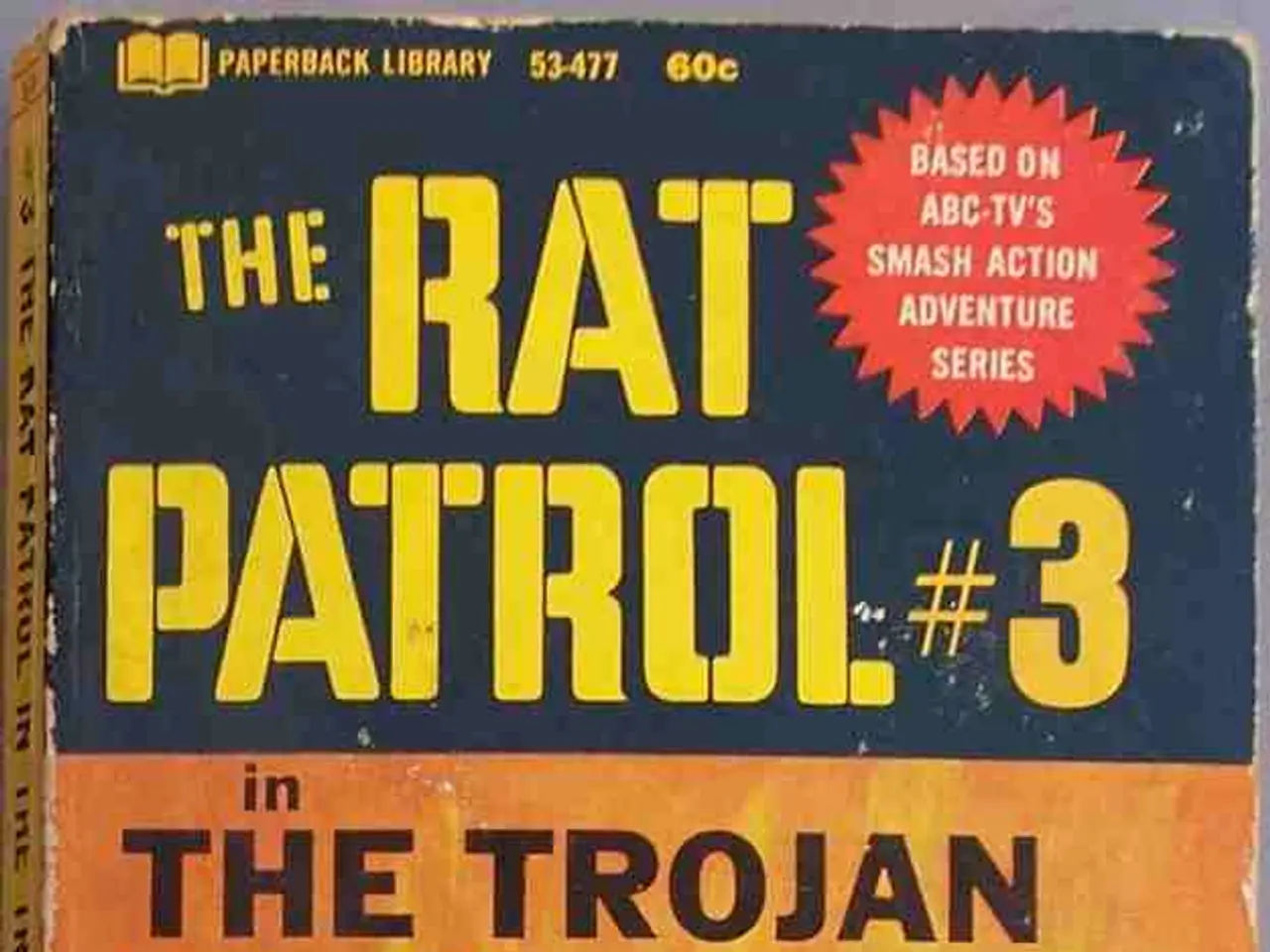Israeli Prime Minister Netanyahu authorizes assistance from non-governmental organizations
Israel Resumes Aid Deliveries to Gaza Strip Under Controlled Conditions
Israel has resumed allowing private organizations to deliver aid to the Gaza Strip, marking a significant development in the region's humanitarian situation. However, the policy remains highly cautious and controlled, reflecting ongoing security concerns amid the conflict with Hamas.
Under Prime Minister Benjamin Netanyahu, Israel permits humanitarian aid into Gaza but tightly regulates its entry. This includes thorough inspections and coordination through the Israeli Defense Forces (IDF) and relevant government ministries to ensure aid does not bolster militant groups.
Private and international organizations must obtain explicit approval from Israeli authorities to deliver aid. This involves submitting detailed plans on the aid's content, routes, and distribution methods. In many cases, aid delivery is coordinated via the Palestinian Authority (PA) in the West Bank or through international bodies like the United Nations. Direct NGO access in Gaza is often limited, to avoid empowering Hamas structures.
Certain items, especially those deemed dual-use (potentially usable for military purposes) such as construction materials, fuel, or telecommunications equipment, face stringent restrictions or are banned without Israeli authorization. During escalations or military operations, Israel may temporarily tighten or partially relax restrictions, allowing limited aid under strict supervision but maintaining control over timing and contents.
The aim of these control measures is "to prevent the involvement of the terrorist organization Hamas in the transportation and distribution of aid." A limited number of local traders has been allowed to deliver additional aid, and the types of goods allowed for import include "basic foodstuffs, baby food, fruits and vegetables, and hygiene products."
Israeli security authorities prepared the procedure for the resumption of aid deliveries, with payment for the delivered goods made "exclusively by bank transfer under control and supervision." The Israeli agency Cogat, responsible for the civilian administration of the Palestinian territories, has approved a procedure for the import of goods through the private sector.
This decision comes amidst images of starving people in the Gaza Strip, putting pressure on Israel. The goal of the policy is to increase the amount of aid entering the Gaza Strip while reducing dependence on aid from the United Nations and international organizations. However, no details were provided about which private organizations will be involved in the aid deliveries, and it is unclear if this decision is a temporary or permanent measure.
It is worth noting that the Red Cross has not been mentioned as a direct party in the aid deliveries, but Israel has asked for their help with hostage supply. The Ministry of Defense will maintain strict control over all goods before they are imported.
The resumption of aid deliveries to the Gaza Strip under controlled conditions is a step towards alleviating the dire humanitarian situation in the region. However, the ongoing security concerns and the need for balance between humanitarian needs and Israeli security priorities will continue to shape the policy.
- The policy for resuming aid deliveries to the Gaza Strip by Israel involves strict control, as humanitarian aid is permitted but regulated closely to prevent Hamas from benefiting, including thorough inspections and approval processes for private and international organizations.
- Amidst increasing pressure due to images of starvation in the Gaza Strip, Israel has decided to resume aid deliveries under controlled conditions, aiming to increase the amount of aid while reducing dependence on UN and international organizations, but without providing details about which private organizations will participate, suggesting a temporary or permanent measure.







